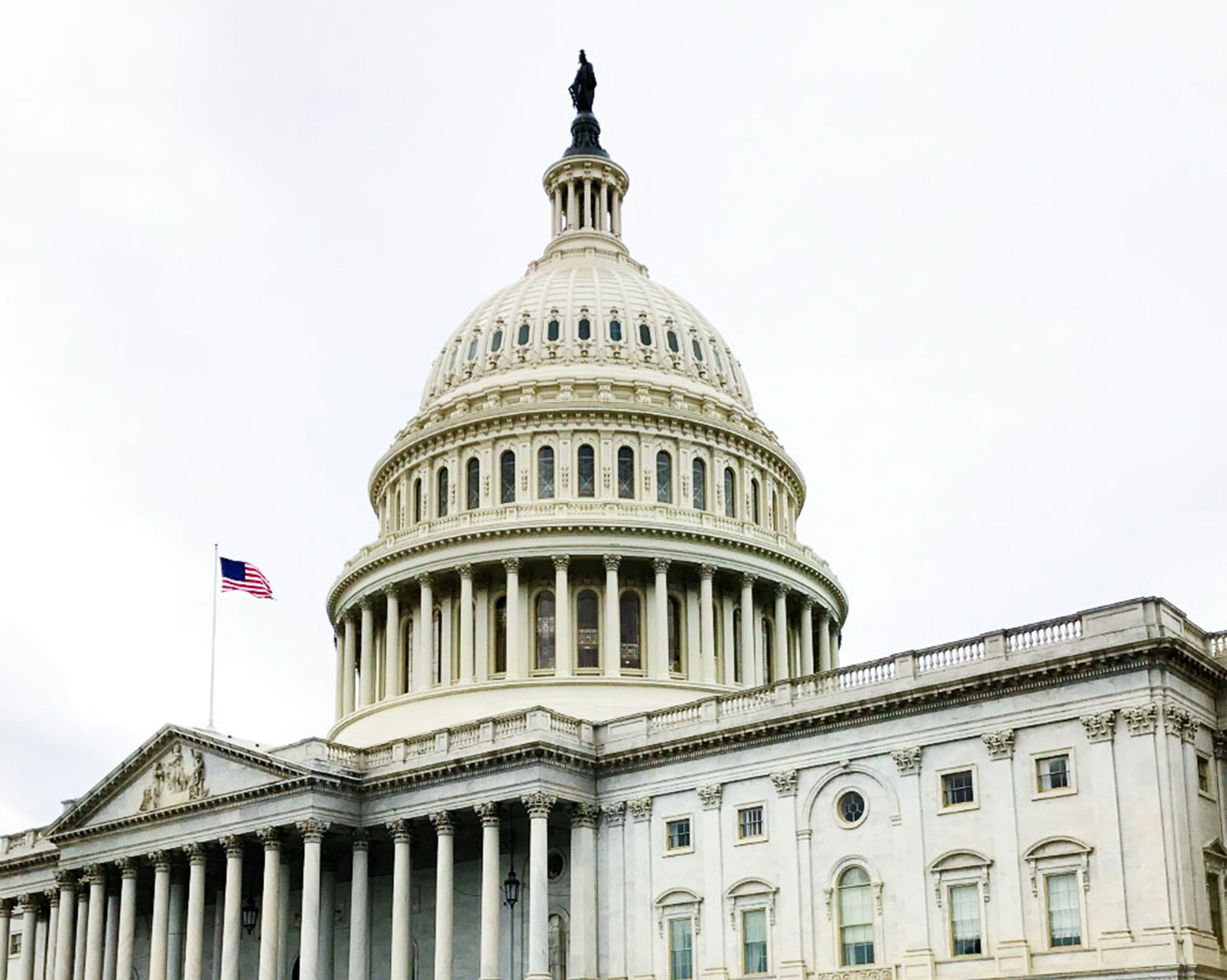
EEOC Guidance on Discrimination Caused by Artificial Intelligence (AI)
- Breaking News
Artificial intelligence (AI) is
increasingly being used in all aspects of life and work, including in
evaluating and hiring applicants. While AI can certainly be more efficient in
recruiting, evaluating, and weeding through millions of resumes, this new
technology can also cause employers to run afoul of best practices—if not the
law—of equal employment opportunity.
Unsurprisingly, the EEOC has heightened
focus on this issue and noted its priority of the same in its draft Strategic
Enforcement Plan for 2023-2027 (SEP).
Specifically, the EEOC considers AI as a potential source of “barriers in
recruiting and hiring,” the elimination of which remains a strategic
enforcement priority. The SEP specifically identifies the following as areas
the EEOC is planning to target:
§ the
use of automated systems, including artificial intelligence or machine
learning, to target job advertisements, recruit applicants, or make or assist
in hiring decisions where such systems intentionally exclude or adversely
impact protected groups;
§ job
advertisements that exclude or discourage certain demographic groups from
applying (since AI will be increasingly used as the genesis of all sorts of
short communications, this is another area of potential AI impact the
Commission is concerned about);
§ the
channeling, steering or segregation of individuals into specific jobs or job
duties due to their membership in a protected group;
§ limiting
access to on-the-job training, pre-apprenticeship or apprenticeship programs,
temp-to-hire positions, internships, or other job training or advancement
opportunities based on protected status;
§ limiting
employees exclusively to temporary work on a basis prohibited by federal
employment laws when permanent positions are available for which they are
qualified;
§ restrictive
application processes or systems, including online systems that are difficult
for individuals with disabilities or other protected groups to access; and
§
screening tools or requirements that
disproportionately impact workers based on their protected status, including
those facilitated by artificial intelligence or other automated systems,
pre-employment tests, and background checks.
Note that under the disparate impact theory of
discrimination law, an employer may be liable for practices which have a
statistically disproportionate impact on employment outcomes of protected
groups, without a showing of discriminatory intent.
While the SEP is in draft form, we don’t anticipate significant
revision to this point of emphasis. The EEOC has already launched an initiative
and a joint statement with the CFPB, FTC, and DOJ summarizing each agency’s
role in protecting individuals from AI-driven discrimination. However, the EEOC
has also recognized how AI can assist in stamping out discrimination. In March
2023, the EEOC entered into a pre-suit conciliation agreement with a company,
DHI Group, Inc., a posting site for tech jobs, for the discriminatory use by
employers of phrases found to be discriminatory based on national origin (e.g.,
“H-1Bs and OPT preferred”). As part of the conciliation agreement, DHI will
scrape job postings on its site for potentially problematic language.
The key lesson for all employers here is to carefully
review and monitor your use of AI, in all facets of employment – from job
postings, to applications, to hiring, to job training, to actual employment –
because the EEOC is going to heavily enforce anti-discrimination laws regardless
if caused by AI technology or human error. As AI is only expanding wider and
intertwining itself more in our daily lives, expect to see further involvement
from the EEOC regarding this issue. Our firm will, of course, continue to
provide information and guidance on the same. Also, employers subject to
applicant tracking requirements (such as federal contractors subject to E.O.
11246) should be mindful of when and how AI techniques are used on their
candidate data.
If you would like to discuss this further or have your current practice or policy reviewed, you can contact McKenzie Meade at (205).323.9279 or at mmeade@lehrmiddlebrooks.com.





